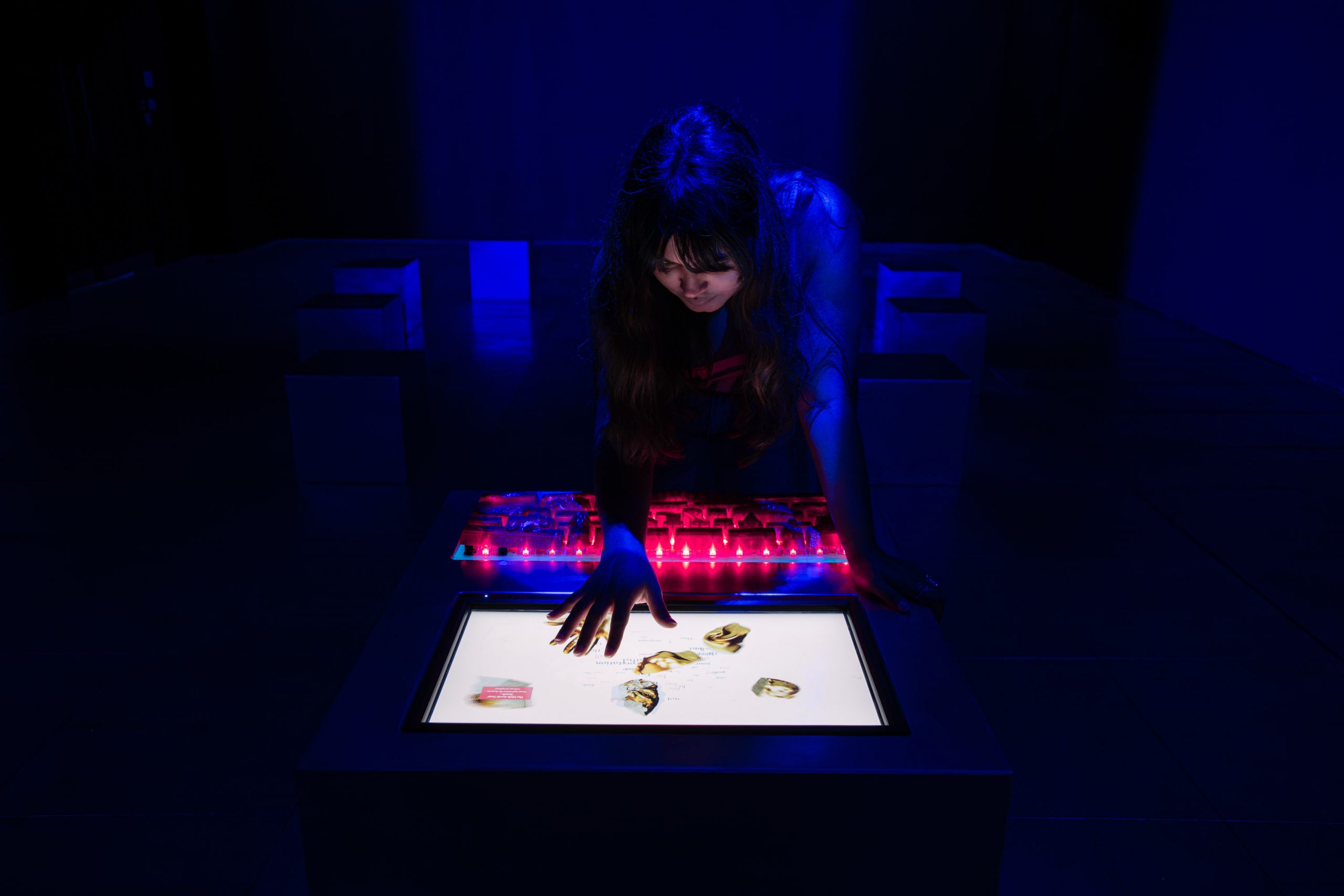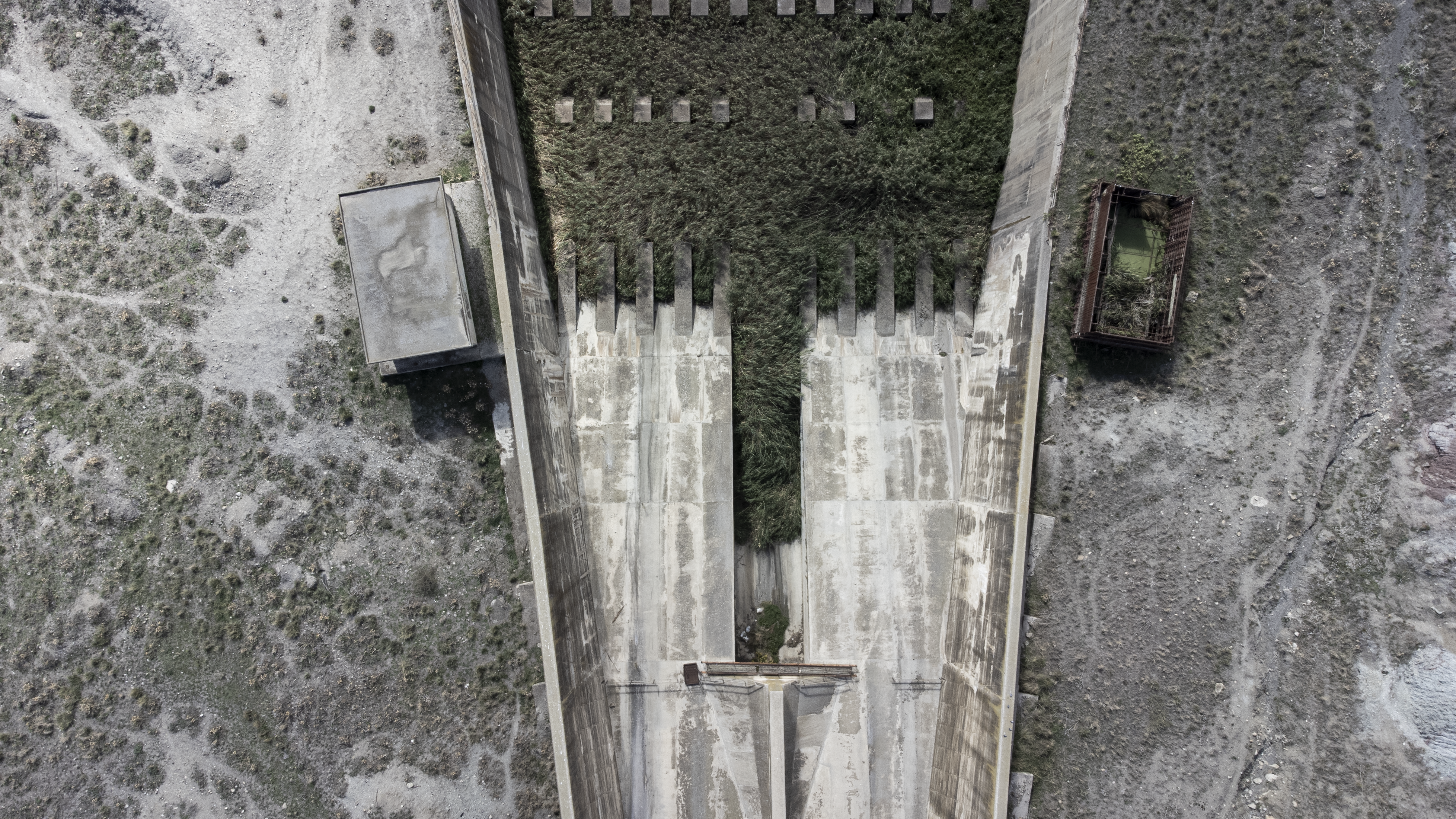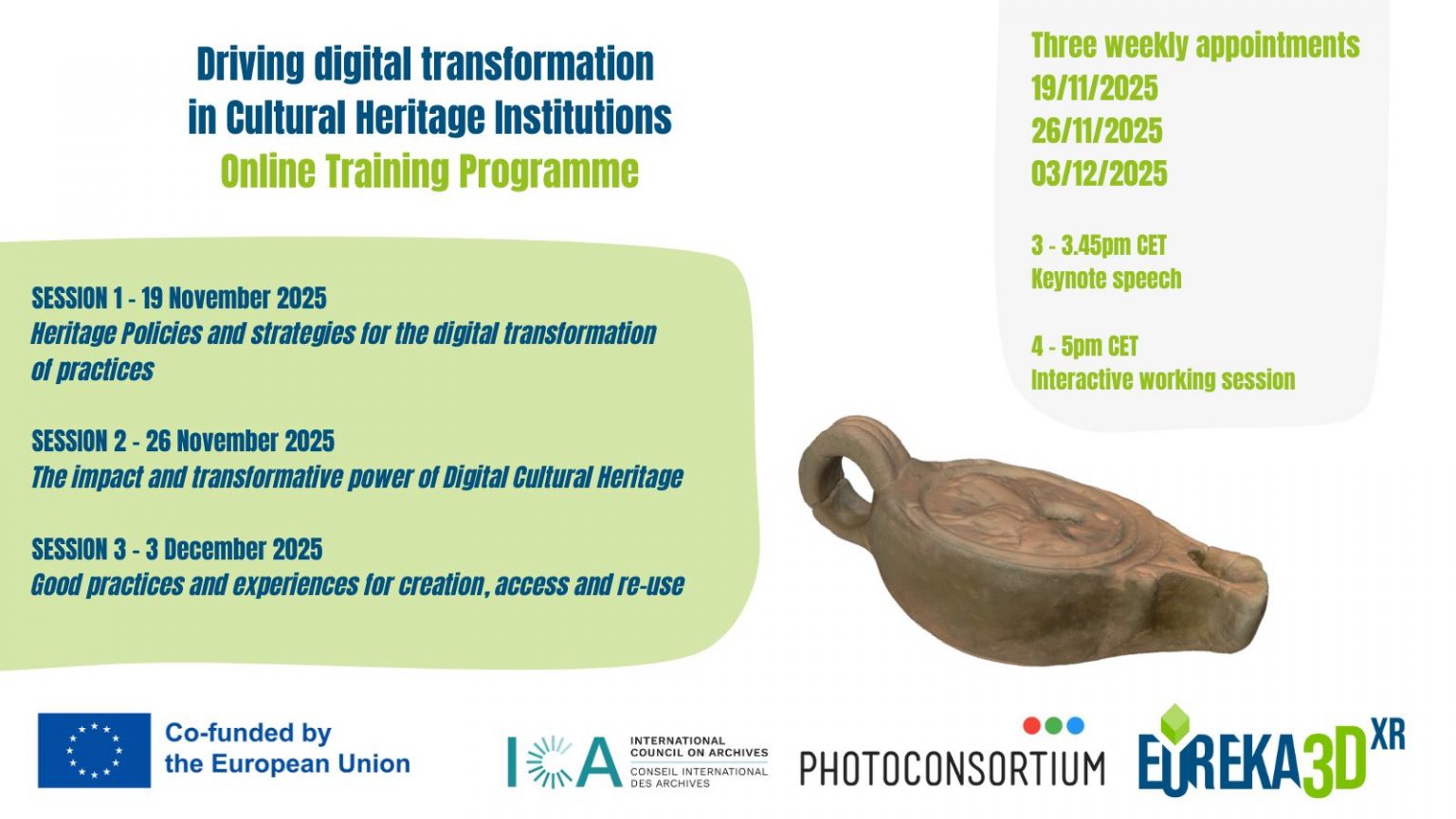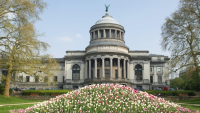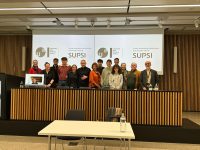Login Status
-
Free text
UPCOMING EVENTS:
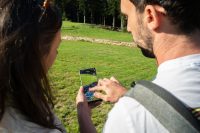 test fields onsite proved already successful for an AR tour of the ancient Celtic remnains that enhances visitor experience
test fields onsite proved already successful for an AR tour of the ancient Celtic remnains that enhances visitor experienceEUreka3D-XR partners Bibracte and NTUA School of Electrical and Computer Engineering are jointly progressing towards the creation of two XR tools applied to the French archaeological site. The pilot is named “The AR narrative of the hidden side of Bibracte … Continue reading →
 Bursa, 16-17 September 2025
Bursa, 16-17 September 2025The SECreTOUR project participated in the Summer School organised by the REMODEL project on 16-17 September 2025 in Bursa, Türkiye. The REMODEL Summer School «Innovative Business Solutions for the Food and Beverage Industry» was held at the premises of the … Continue reading →
Tag: digital humanities

The course is being held in Madrid, at LINHD (Laboratorio de Innovación en Humanidades Digitales), from 13 to 17 July 2015, with the sponsorship of DiXiT – Digital Scholarly Editions Initial Training Network. The various programme sessions aim to complete the participants’ training, in order for them to become familiar with text transformation via different languages (HTML, CSS, XSLT) and formats (ePub). The competences acquired will enable the students to know the whole digital editing process and to generate several kind editions (scientific, didactic). Continue reading
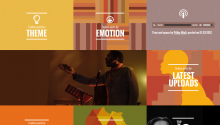
Badilisha Poetry X-Change is both an online audio archive and Pan-African poetry show delivered in radio format. Now the largest online collective of African poets on the planet, Badilisha has showcased and archived over 350 Pan-African poets from 24 different countries. It reflects the myriad of rhythms and rhymes, voices, perspectives and aspirations from all corners of the globe. Continue reading

This workshop, run as part of the Digital Humanities at Oxford Summer School 2015 (20 -24 July 2015), will enable participants to experience crowdsourcing in microcosm all the way from project conception to launch to data analysis. It will be of particular interest to academics, librarians and museum professionals who see the potential for crowdsourcing to expedite data extraction from non-machine readable collections. The workshop will be run by Dr Victoria Van Hyning, Digital Humanities Project Lead at Zooniverse.org (University of Oxford), and Sarah de Haas, a technical specialist from Google with a background in humanities. Continue reading

DCDC15 (DCDC as Discovering Collections Discovering Communities), being held at Greater Manchester on 12-13 October 2015, will look at the varied and innovative ways in which archives, museums, libraries and academia can engage with audiences in the digital age, for a more appealing user experience, the enrichment of heritage collections and new collaboration and business opportunities. Continue reading

Europeana Photography cannot miss this event, and will be presented by the project coordinator Fred Truyen (KU Leuven) in a Ignite Talk, entitled “All our memories”: sharing photographic heritage through Europeana, Continue reading

The open source semantic annotation tool Pundit is RICHES Associate Net7’s main product for the Digital Humanities. The main idea behind semantic annotation is to enable users not only to comment, bookmark or tag web pages, but also to semantically create structured data while annotating. The ability to express semantically typed relations among resources, relying on ontologies and specific vocabularies, not only enables users to express unambiguous and precise semantics, but also, more interestingly, fosters the reuse of such knowledge within other web applications. Continue reading

The project will develop a Roadmap for Citizen Researchers in the age of Digital Culture. On the first two days of September, the premises of the Ministero dello Sviluppo Economico will host the CIVIC EPISTEMOLOGIES Kick-off Meeting, which brought together 12 cultural institutions and archives, universities, research centres and innovative SMEs from all over Europe. Continue reading
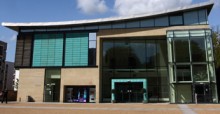
Digital humanities is understood by Sheffield University to mean the use of technology within arts, heritage and humanities research as both a method of inquiry and a means of dissemination. As such, Europeana Photography is a very concrete example of the use of technologies to enhance cultural heritage. Continue reading
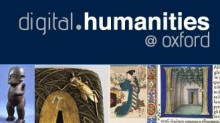
DHOxSS is for researchers, project managers, research assistants, students, and anyone interested in Digital Humanities. DHOxSS delegates are introduced to a range of topics including the creation, management, analysis, modelling, visualization, or publication of digital data in the humanities. Continue reading

The final results of the CULTURA project have been presented and disseminated at the 2nd AIUCD Annual Conference 2013 on Collaborative Research Practices and Shared Infrastructures for Humanities Computing, hosted by the Department of Information Engineering of the University of Padua. Continue reading


